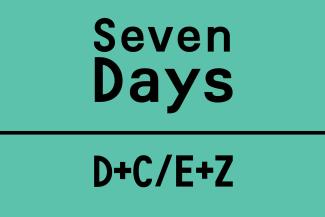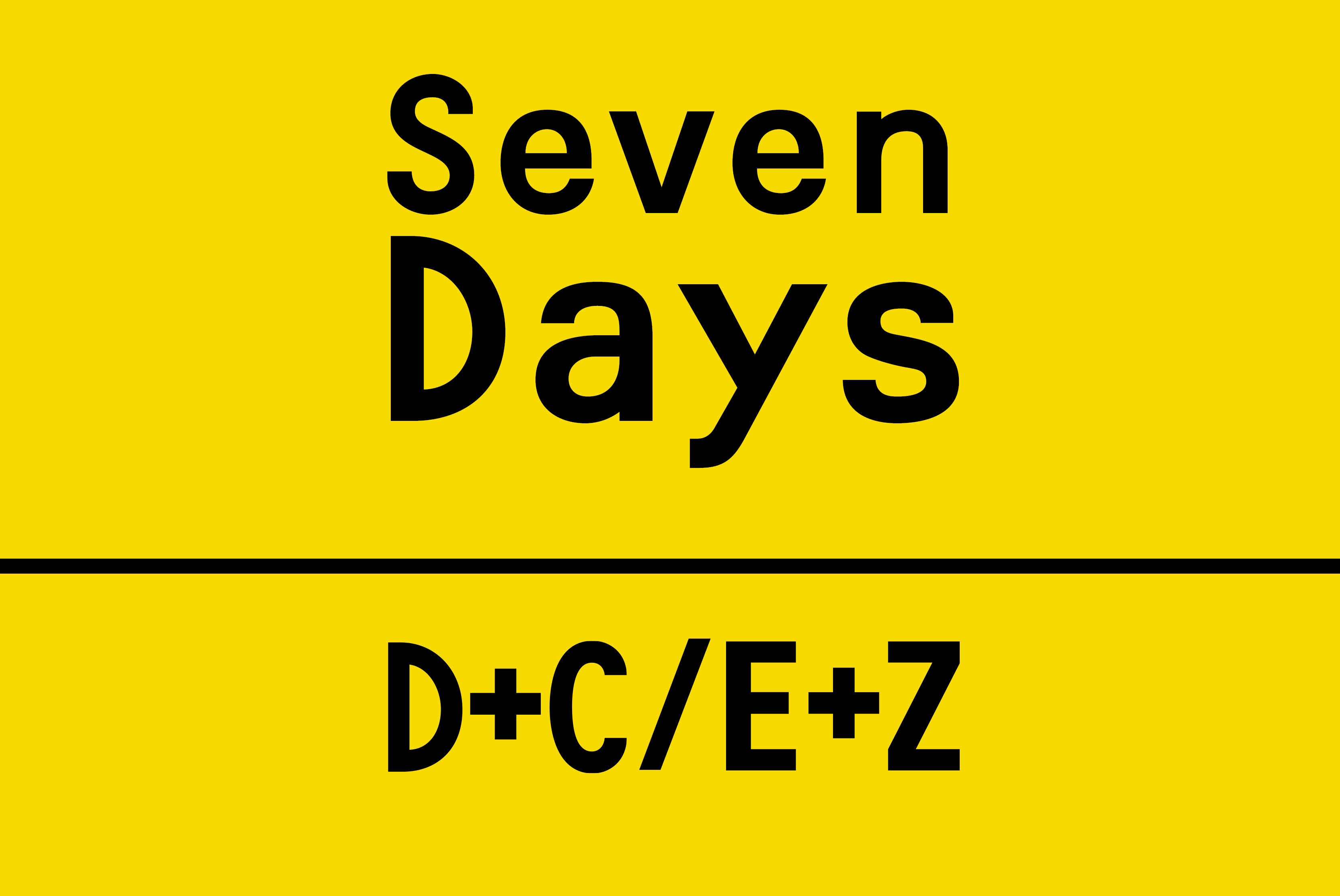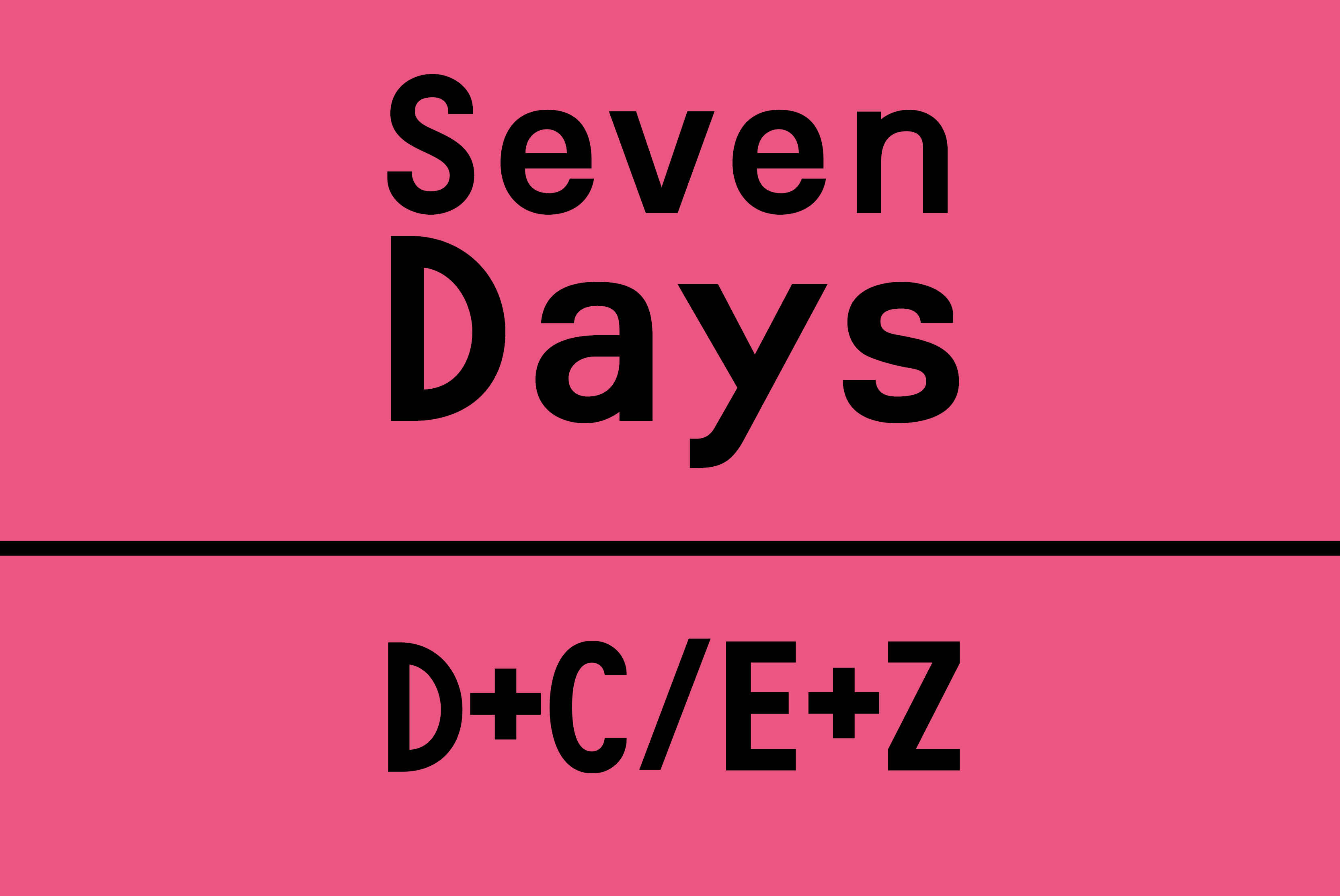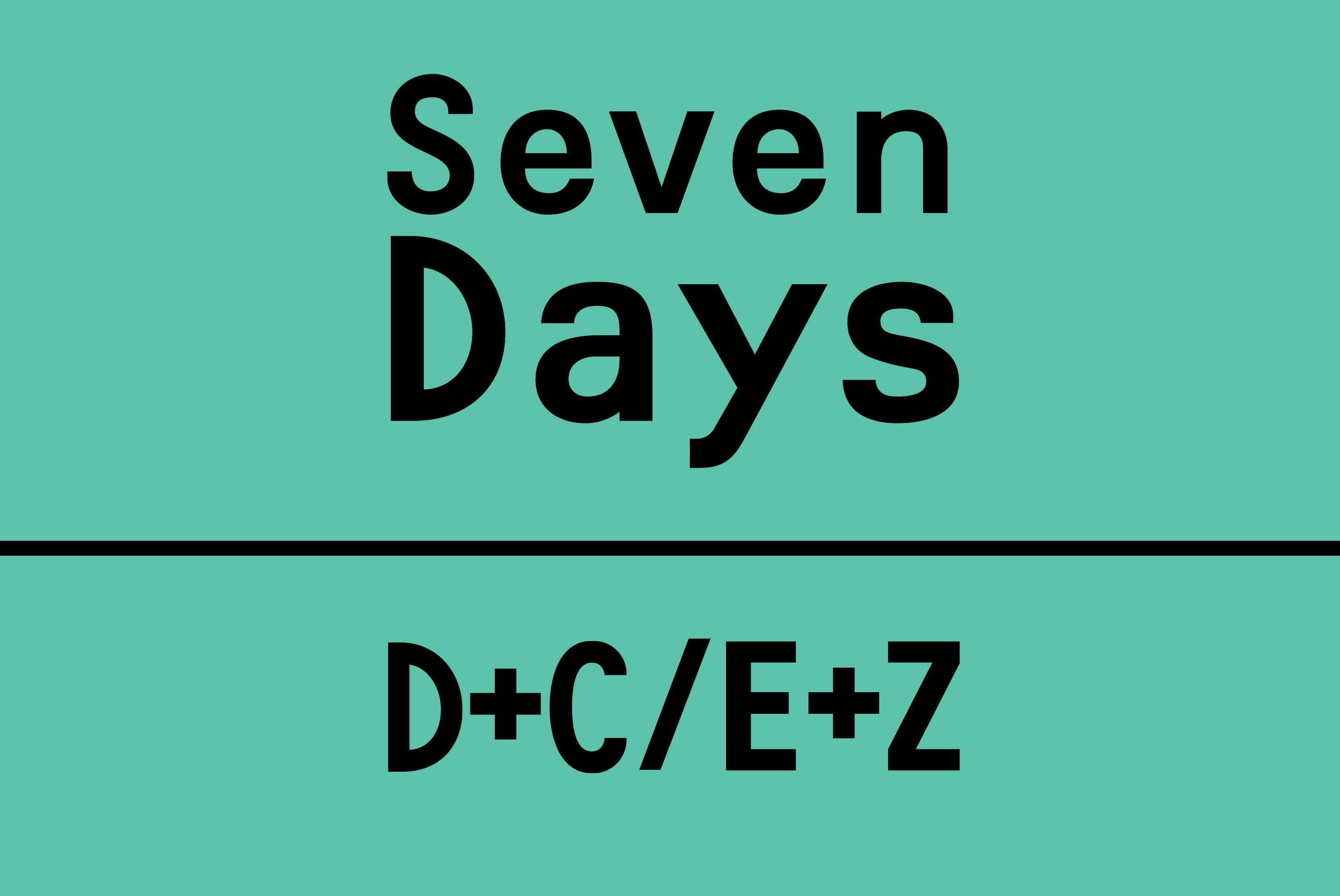In brief
News of the week

New president in Sri Lanka
Maithripala Sirisena has won the presidential elections in Sri Lanka. Incumbent President Mahinda Rajapaksa conceded defeat. He had been increasingly criticised for increasingly authoritarian rule, nepotism and corruption before the election.
Sirisena is a former political ally of Rajapaksa whom he served as health minister as well as in other offices. He announced his candidacy shortly after Rajapaksa declared he would hold a snap election. Sirisena managed to unite the opposition. He led a dynamic election campaign.
Rajapaksa used to be very popular among the Sinhalese majority population. He was the president who triumphed in the civil war in which government troops fought insurgents from the Tamil minority. Sri Lanka’s Tamils are predominantly Hindus. The war ended in a bloodbath in which many Tamil civilians were killed. Rajapaksa has since not showed any interest in reconciliation, but instead emphasised the supremacy of the mostly Buddhist Sinhalese.
Sri Lanka’s Muslim minority has increasingly been suffering discrimination in recent years as well. Voter turnout among minorities was high. Moreover, many Sinhalese are said to be disappointed because fast economic growth has not resulted in higher living standards for many people.
Palestinian authority joins ICC
UN Secretary-General Ban Ki-moon has announced that the Palestinian Territories will be a member of the multilateral International Criminal Court from April on, further strengthening the Palestinian authority’s standing among the community of states. Mahmoud Abbas, the Palestinian president, had applied for membership. As a response, the Israeli government denied the Palestinian Authority tax disbursements it is entitled to. What ICC jurisdiction over the West Bank, the Gaza Strip and East Jerusalem will mean remains to be seen. Investigations could turn against Israelis as well as Palestinians.
Essid nominated as Tunisia’s prime minister
Tunisia’s recently elected President Beji Caid Essebsi has nominated Habib Essid as prime minister. Both politicians served as ministers under former dictator Zine al-Abidine Ben Ali, but both were also involved in the transitional government that was installed when the Arab spring toppled Ben Ali in 2011. After the uprising, the Islamist party Ennahda won the most seats in elections for the constituent assembly, and Essid cooperated as a security adviser to the government it led.
Essebsi, on the other hand, went on to form the secular Nidaa Tounes party that united some supporters of the ancient regime with human-rights activists in opposition to the Islamists. In parliamentary and presidential elections late last year, Nidaa Tounes beat Ennahda.
Though Nidaa Tounes is the strongest party in the parliament, Essid will need support from other parties. Some observers believe he is a consensus candidate Nidaa Tounes and Ennahda can agree on. Other observers, however, fear that Essid’s appointment is a setback that reveals the president’s authoritarian tendencies. Essebsi has promised to govern for all Tunisians with an emphasis on technocratic competence.
World Bank considers low oil price an opportunity to cut subsidies
According to the World Bank, the economies of many developing countries will benefit from the currently low oil price. For oil-importing countries, the trend should result in faster growth, lower inflation and more purchasing power. Moreover, the low oil price gives scope to governments to spend more money on other issues, including social services. The Bank suggests that governments take advantage of this opportunity to cut fuel subsidies. Its economists admit, however, that the low oil price will increase economic difficulties in oil-exporting countries.
Shell accepts responsibility for oil spills in Nigeria
Royal Dutch Shell, the oil multinational, has agreed to settle a case concerning compensations for oil spills in the Niger Delta. The corporation will pay $ 84 million to the people affected by the environmental damage. According to lawyers, some 15,600 fishermen will each get $ 3,300. Moreover, the Bodo community, to which the fishermen belong, has been promised the remaining $ 30 million.
Lawyers of the Bodo people had taken Shell to court in London. They appreciate Shell’s willingness to accept responsibility.
Liberian schools to reopen
The Liberian government has announced that lessons will start again in schools at the beginning of February. The schools have been closed for almost six months because of the Ebola outbreak. The government did not specify whether all schools will reopen or some remain closed.
Liberia, Sierra Leone and Guinea are the three countries most affected by Ebola. So far, at least 20,000 persons have been affected and about 8,000 have died. The rate of new infections has recently been going down in Liberia according to the UN, but the situation has not improved in Sierra Leone.
These items were compiled by Hans Dembowski on the basis of international media coverage.










